Click to read the article in Turkish
Tomorrow (June 15) marks the 108th anniversary of the Sayfo Massacre, the mass killing and expulsion of the Assyrian and Syriac Christians during World War I in southeastern Anatolia and the Azerbaijan region of Iran.
Sayfo, meaning ''sword'' in Syriac, has been recognized as a genocide in resolutions passed by Sweden, Armenia, the Netherlands, and Germany.
"The eastern wind blew us away. Since everyone went wherever their heart desired, we were scattered in all directions on Earth."
Syriac sage Mor Aphrem
bianet spoke with Elber Shleymun Rhawi, a European Syriac Union (ESU) member, about the developments leading up to Sayfo, its aftermath, and the current demands of the Assyrian and Syriac communities.
What led to the Sayfo Massacre, who carried out the massacre, and in what kind of political climate?
The Committee of Union and Progress (CUP), with a genocidal mindset, formed a racist policy based on a Turkish-Islamic synthesis, in the territories occupied by the Ottoman Empire. Starting from the 1910s, the annihilation of Christian peoples became a prime goal.
On April 24, 1915, the plan to eradicate Christian communities was widely implemented. The leaders of the CUP, Cemal, Talat, and Enver, the Hamidiye Regiments, Teşkilatı Mahsusa [The Special Organization], and collaborating Kurdish tribes, brutally massacred everyone, women, men, young, old, and children.
What was the resulting death toll?
Approximately one and a half million Armenians, over half a million Assyrians, Syriacs, and Chaldeans were viciously killed in the genocide. Hundreds of thousands were forcibly displaced from their homes, and tens of thousands were coerced into converting their religion or denying their identity.
Christian peoples' historical and cultural values were prohibited and destroyed, their properties and belongings were seized, and efforts were made to erase any remnants of their existence. The survivors were condemned to a life of severe trauma and fear.
What can you say about the current situation of the Assyrians and Syriacs living in Turkey?
In Turkey, it is estimated that there are around 25,000 to 30,000 Assyrians who are non-Muslim. This excludes the Islamized Assyrians. We currently do not have concrete numbers or data.
The Assyrians and Syriacs, both in Turkey or the Middle East, were forced to become refugees and scattered throughout the world.
Today, our Assyrian and Syriac people are in a very alarming situation of assimilation, statelessness, and the erasure of their identity. They face the jeopardy of vanishing entirely from the annals of history.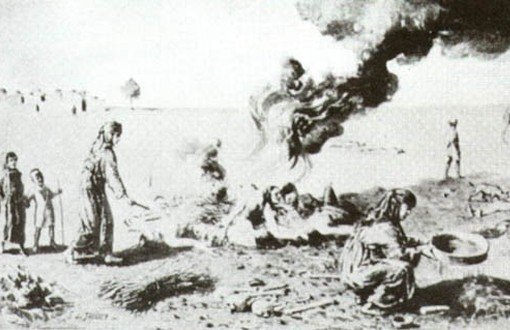
Different crimes against humanity have been committed in these lands at different times. What should be done to end Sayfo massacres?
First of all, it should be said that the discriminatory, racist, and genocidal policies of the CUP continue until the present day. The genocide committed against Christian peoples in the Middle East is one of the greatest crimes against humanity.
To condemn those who have committed this unforgivable crime that cannot be forgotten or denied and to prevent new genocides, the international community and international powers must take action.
On the 108th anniversary of the Sayfo Massacre, what are your demands?
As the European Syriac Union, we invite the government of the Republic of Turkey to recognize it as genocide, abandon the cover-up of the truth, and confront its own history.
We reiterate that we will continue our struggle every day, remembering and living our shared pains with the Armenian people until justice is served, and we will strengthen our solidarity.
We respectfully commemorate the Armenians, Assyrians, Pontic Greeks, and others with different ethnic identities who lost their lives in the genocide. (NT/WM)




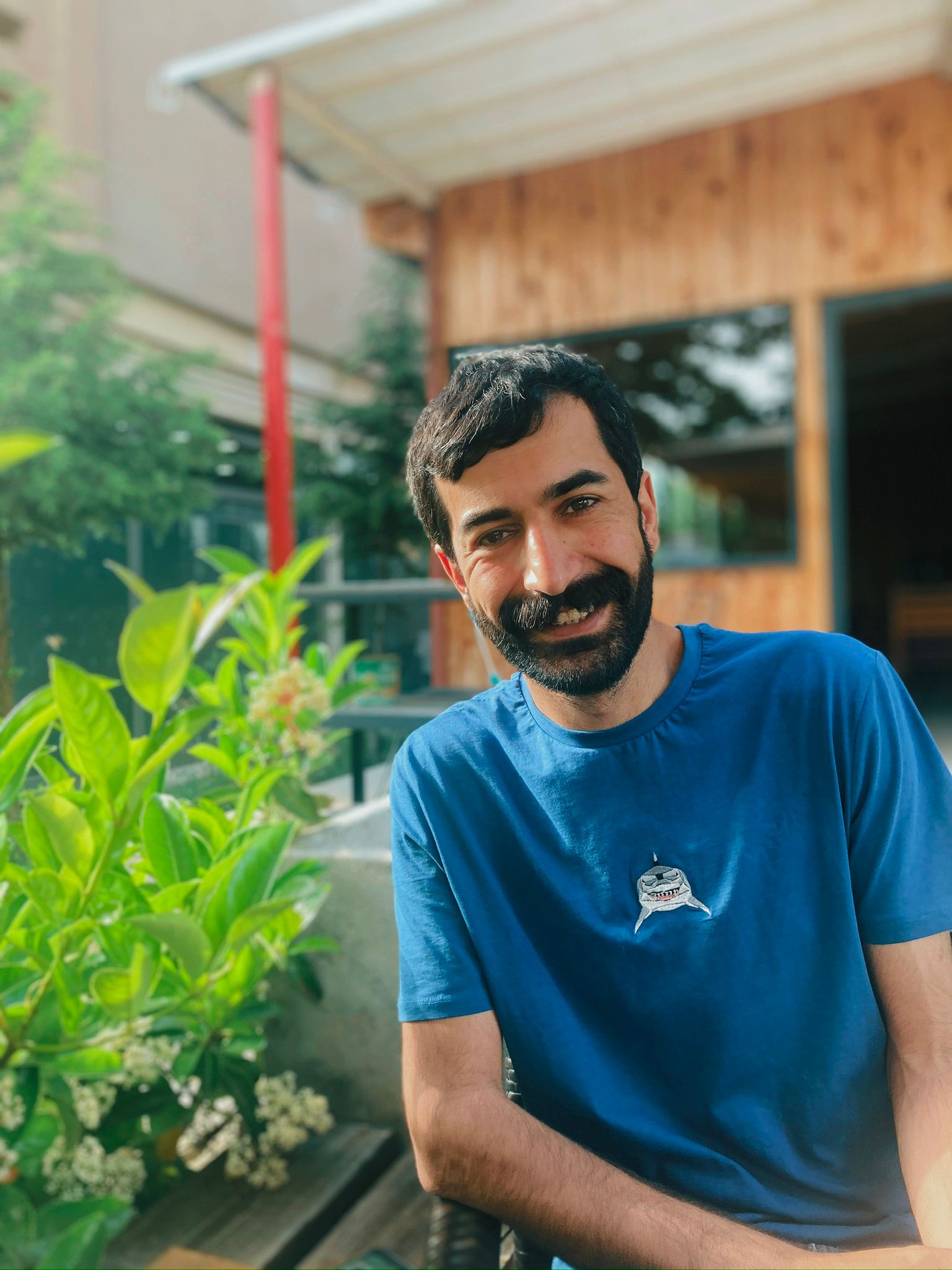
.jpg)
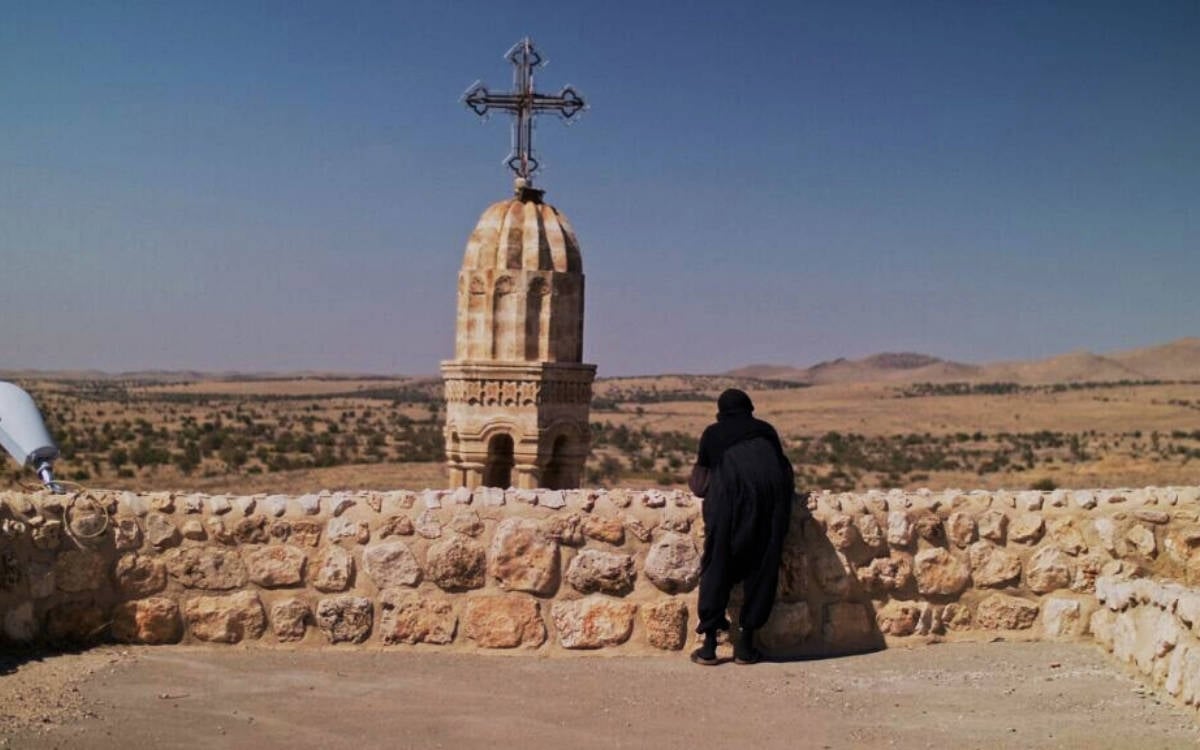
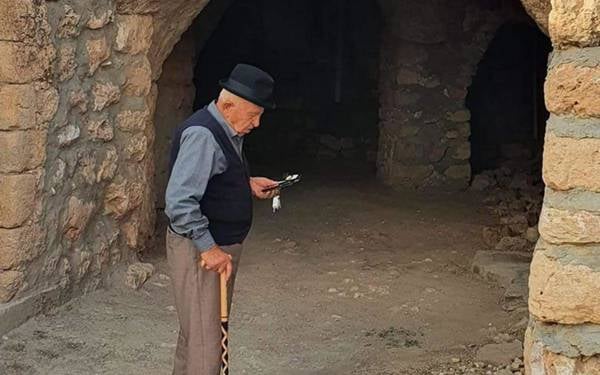

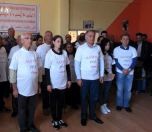
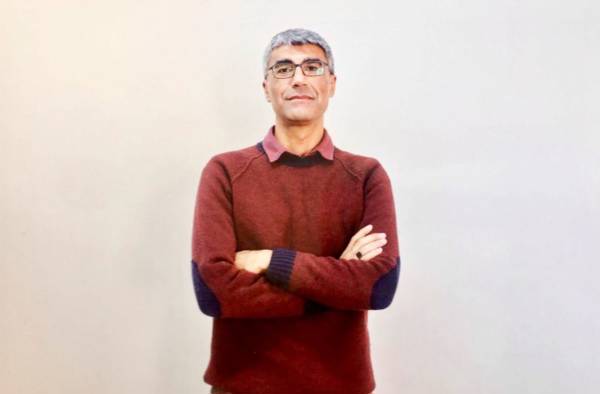
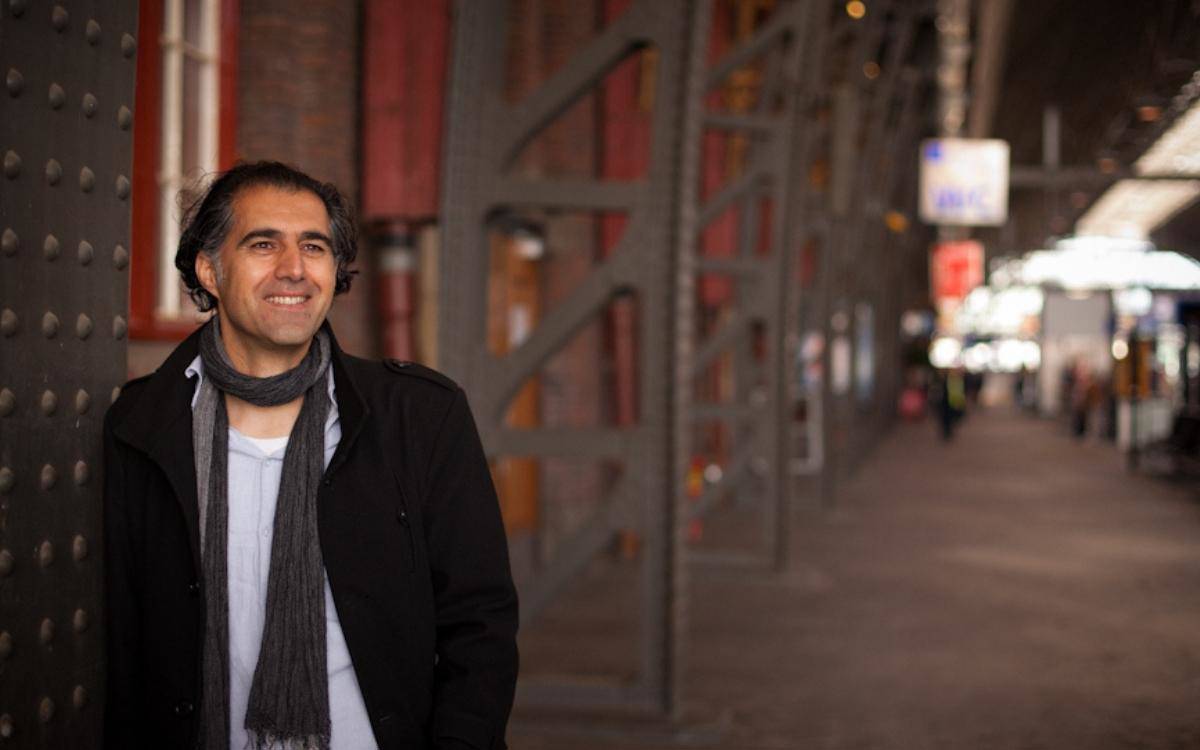
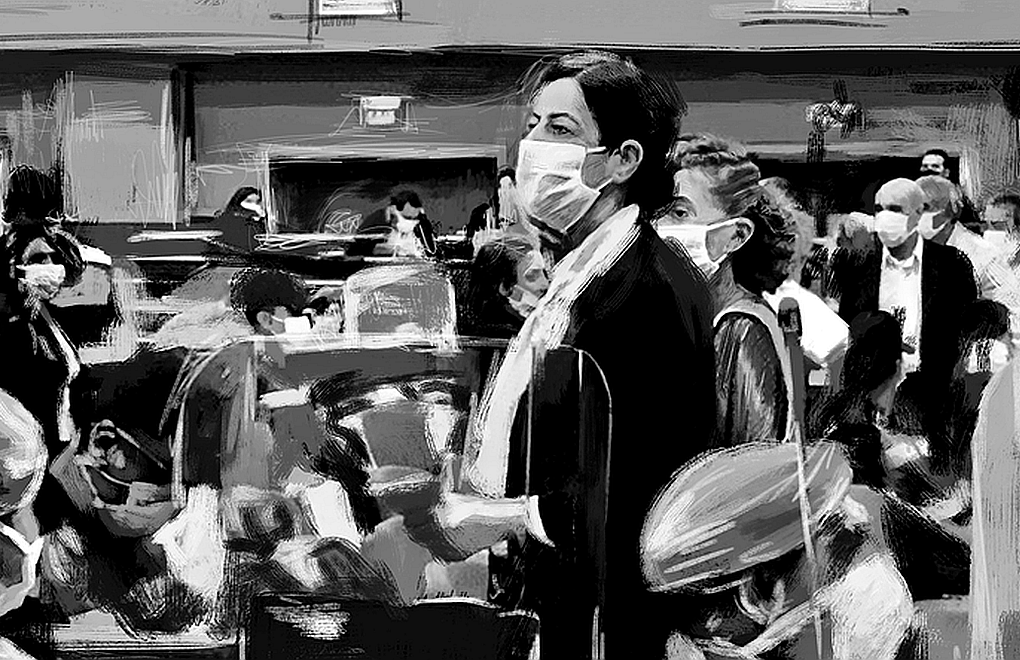
.jpg)
.jpg)